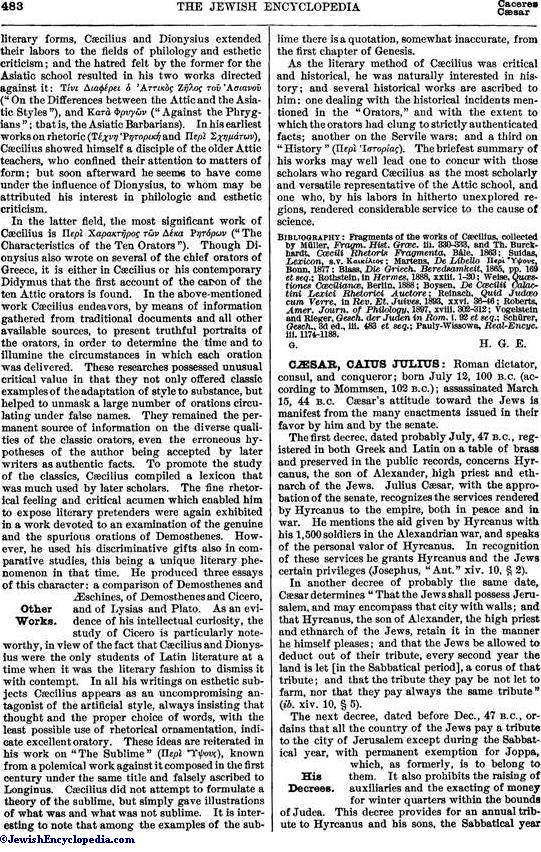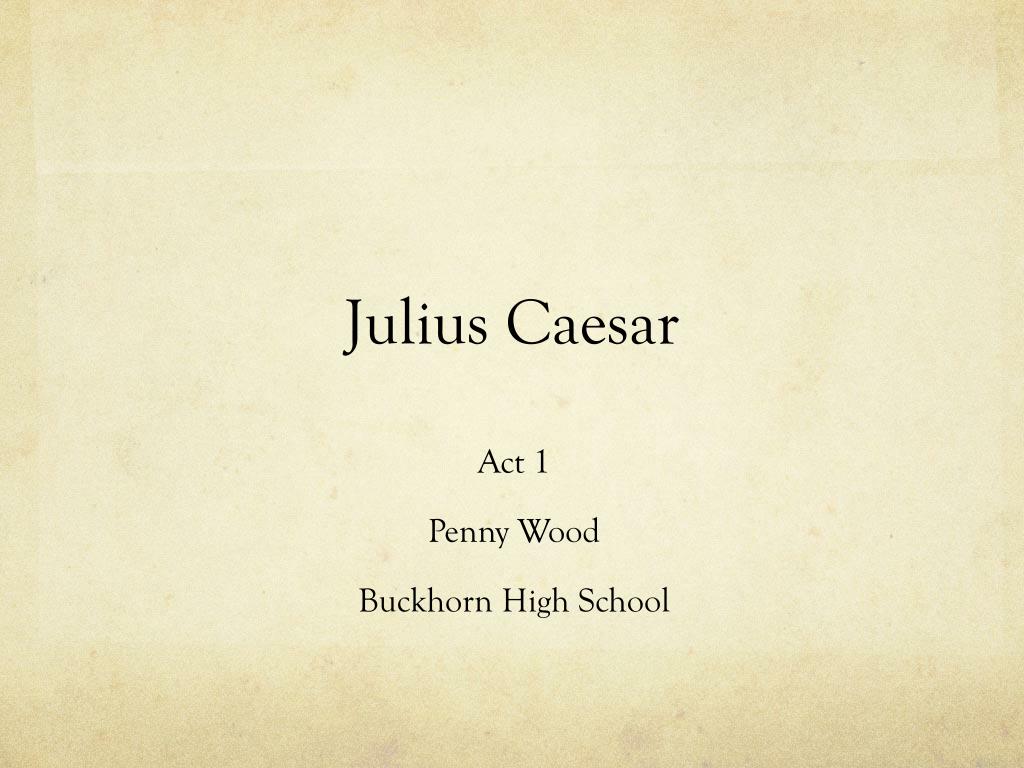

To show this, he is fond of stories about cruelty and sexual deviations. Suetonius' moral is clear: if a man has the total freedom and the absolute power of a Roman emperor, he must be strong indeed if he wants to remain honest. He uses it critically: for example, about Caesar's death circulated a story that he had expected the assault, but was shocked to discover that Brutus was one of the conspirators, and that his last words were '"You too, my son?" Suetonius makes clear that he has some doubts about this anecdote.ĭescribing someone's life is a meaningless thing to do, unless there is some moral to be learned. The biographer was in charge of the imperial archives under the emperor Hadrian (who ruled 117-138): in this capacity, Suetonius had access to some of the best possible information. He accounted for hundreds of reforms for the city.Most entertaining is the biography by Gaius Suetonius Tranquillus, which is the first of the Lives of the twelve Caesars. However, in the future he was granted the power to be the Roman Empire’s imperium.Ĭaesar was now revered by all of Rome’s citizens.

He started by giving up his consulship, which the Senate disliked. Caesar started to make his own moves in Rome’s Republic. It was now that Julius would build his reputation even greater, and show his political greatness.After defeating Pompey in the rigid Civil War, Caesar was a hero. Caesar’s actions were eventually recognized as extremely beneficial, and highly intelligent.Īfter Caesar’s campaigns, and military career, he returned to Rome. He was criticized in Rome for these actions because they were seen to be unnecessary, however it was not seen as beneficial until his conquest allowed the Roman Empire to expand to the Atlantic Ocean. Caesar explains his military conquests in the book he wrote called De Bello Gallico.Ĭaesar made a push hroughout Europe, and weakened all of the tribes he set out to, and also campaigned into Britain. Caesar felt that many tribes in Gaul posed a threat, and he felt necessary to take measures and push them back. The Gallic Wars were initiated in 58 B.Ĭ., and would bring Caesar extreme amounts of fame. It was in Gaul that Caesar gained his military prominence. His experience allowed him to become the Governor of Transalpine Gaul. He was also popular because he held many positions and gained large amounts of experience.For example, he was a prosecutor, pontifex maximus, praetor, and a consul. Rising in the political world was rather easy for Julius, since his uncle Marius had been the leader of the Populares movement. After learning of Sulla’s death, Caesar returned to Rome, and began to climb its hierarchy quickly. In honor of his bravery, Caesar was awarded the corona civica (Civic Crown), which was a prominent award given to soldiers who saved other soldiers in battle. Caesar showed himself as a leader, by showing bravery in the siege of Miletus. This decision turned out for the best for Julius. Caesar declined, and chose military service under Marcus Thermus in Asia. Eventually Caesar was forced out of Rome by Sulla, however was given a pardon to return. Sulla was granted power and later won the civil war, which would lead him to become the emperor. His uncle Marius led the Populares, and Caesar’s uncle’s nemesis was Sulla, who led the Optimates. However, his family was not considered rich by the noble standards of Rome.Ĭaesar grew up in a time of turmoil, and Rome was domestically split between two warring parties, the Populares, and the Optimates.Caesar was torn, but bent towards the Populares because of family ties. When Julius was fifteen years of age, he inherited his father’s fortune, who worked as a praetor. Julius was raised in Subura, which was a section in Rome for the lower-class citizens. Gaius Julius Caesar Gaius Julius Caesar was born on July 12, 100 B.


 0 kommentar(er)
0 kommentar(er)
